Susú Pecoraro
Birth : 1952-12-04, Buenos Aires, Argentina
History
From Wikipedia, the free encyclopedia
Susú Pecoraro (born December 4, 1952) is Argentine film and television actress. She was cast by María Luisa Bemberg in her 1982 drama, Señora de nadie (Nobody's Wife), and in 1984, she starred in the title role in Bemberg's historical drama, Camila, portraying Camila O'Gorman, a 19th-century Argentine socialite. The role earned her a Best Actress award at the Karlovy Vary and Havana Film Festivals. Later notable film roles in the decade included that of the wife of a man abducted by the dictatorship in Fernando Solanas' Sur (1987), and of Argentine intellectual in Prague in Beda Docampo Feijóo's Los Amores de Kafka (1988).

Madre

In 1976, a coup d'etat by the Armed Forces replaced the argentine constitutional Government and policies of terror that trampled on human rights were implemented. In a few years, the hidden and silent violence of these policies spiraled and 30,000 citizens of different ages and social conditions were murdered. They were wrongly called the disappeared and, among them, there were young children or unborn young who were delivered in prisons of the military dictatorship and whose kidnappers abducted and registered as their own children. This movie tells the story of Estela Barnes Carlotto, a human rights activist in Argentina, chairwoman of the Association of Grandmothers of the Plaza de Mayo, who stopped being a housewife to get involved in public affairs after the kidnap of her daughter, Laura Estela Carlotto in 1977. The film is about the way her life was transformed.

Sra. Felman
Lasting tradition clashes with new ideas in director Ariel Winograd's tale of a mischievous pre-adolescent whose family spends their summers basking in the comfortable surroundings of a picturesque Jewish country club. Ariel is a young boy whose family enjoys the high life. When summer rolls around his mother leads an Israeli dance class at the local Jewish country club, and his grandmother seems to have a special knack for always winning at rummy. His sister Natalia is rarely seen without roller skates lest she need to beat a hasty retreat from her overbearing suitor, and his brother David's hormones are raging like a white squall. As Ariel and his friends hop on their bikes and explore the grounds of the country club it feels as if life simply couldn't get any better, but sometimes life in this highly exclusive paradise isn't all it's cracked up to be.
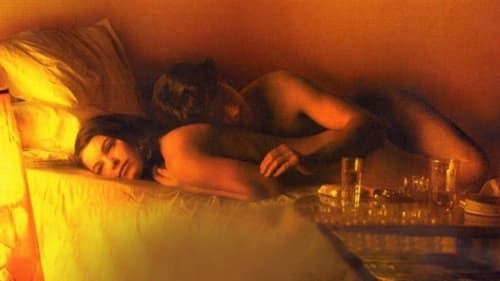
Roma Di Toro
Joaquín Góñez, a novelist in his sixties recalls his emotions, his wild years in Buenos Aires, the memories of old friends, the meaning of loyalty and the intimate relationship with his mother, Roma.

Argentine 40-year-old Laura, visiting Cuba for the first time on business, is divorcing her husband back in Buenos Aires. She's soon involved with smooth-talking cab driver Frank. Garment manufacturer Francisco, having lost his wife, children, and home, has traveled to Cuba to kill himself, but Frank's mother realizes that Francisco is the teenage lover who got her pregnant. In other relationships, a gay couple argue over whether or not to remain in the closet, and two documentary filmmakers have career conflicts.
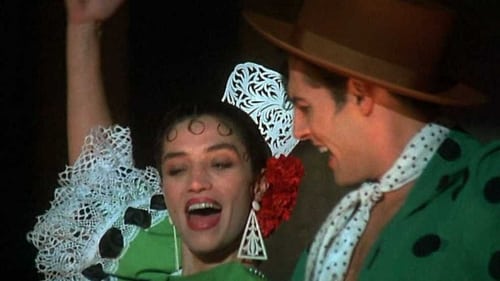
Silvia
On the way to his exile in Lisbon, Mario meets Silvia, a widow who turns out to be one of his admirers. Silvia has inherited a fortune, leading Mario to resume his career, eventually falling for him. Although Mario has relations with her, he makes it clear that will never fall in love. In Madrid, Juan Pepita and resume their relationship, and because of this the jilted Nena John Colman murders before Pepita, after being arrested. Pepita accepts a contract in Argentina, reunited with Mario. There he meets Tulio, who after starting a relationship with singer eventually ask marriage.

Sarah
A woman and a man known through a radio program dedicated to unite in their lone pairs listeners.

Milena Jesenská
A movie director from Argentine travels to Prague to make a film about Franz Kafka and Milena Jesenská.
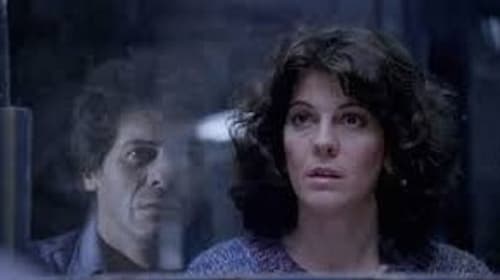
Rosi Echegoyen
After the end of the military dictatorship in Argentina in 1983, Floreal is released from prison. Instead of returning to his wife, he wanders through the night of Buenos Aires. He meets some people from his past–most of which are only imaginary–and remembers the events of his imprisonment.

Luisa
A prostitute falls in love with a painter with whom she believes she can save her life.
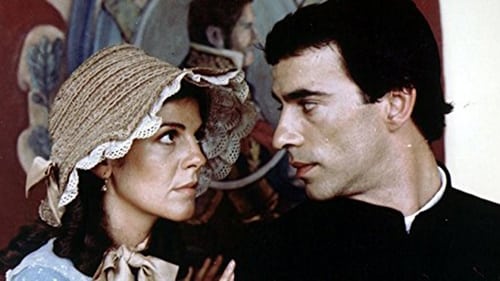
Camila O'Gorman
In Buenos Aires of the 1840s, a young Jesuit and a wealthy socialite fall in love and begin a torrid affair. They escape from the city, and, in disguise, set up house in a village, assuming they are safe and beyond the cares of anyone. However, both the church and Camila's family are enraged, vowing to hunt down the lovers for a capital crime. Based on a true story.

Luis is a righteous man who begins a struggle and a moral debate with his family, neighbors and close friends when a corrupt municipal official offers a very convenient "arrangement".
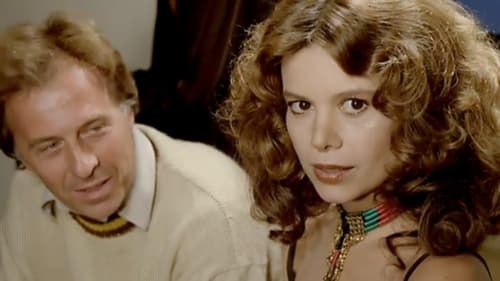
It is the story of Eleanor, a good housewife who lives with her husband, Fernando, and their two children. Deeply loves her husband and does not question the reciprocity of love and fidelity. One day, circumstantially, discovers her husband is cheating. Leonor emotionally feels betrayed and realizes that his world, based on a lie, has collapsed like a house of cards. With more fear than conviction, leaving the house, leaving little signs with instructions for their march and trust their children to the care of her husband.
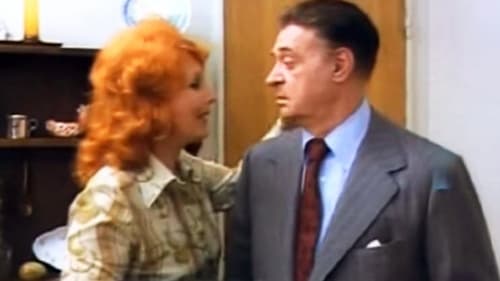
Documentary about Argentina's victory in the 1978 FIFA World Cup, held in that country and in which important personalities in world football and culture involved.









